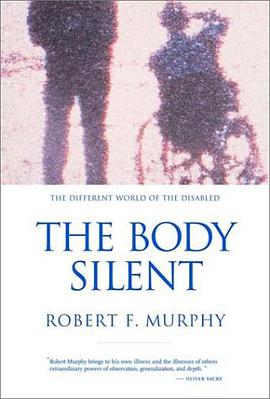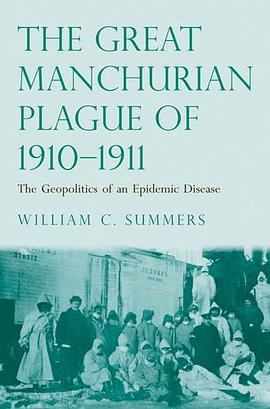The Body Silent 豆瓣
作者:
Robert F. Murphy
W. W. Norton & Company
2001
- 5
"The most powerful book of its kind I've ever read.... Extraordinary powers of observation, generalization, and depth."—Oliver Sacks, author of The Man Who Mistook His Wife For a Hat Winner of the Columbia University Lionel Trilling Award. Robert Murphy was in the prime of his career as an anthropologist when he felt the first symptom of a malady that would ultimately take him on an odyssey stranger than any field trip to the Amazon: a tumor of the spinal cord that progressed slowly and irreversibly into quadriplegia. In this gripping account, Murphy explores society's fears, myths, and misunderstandings about disability, and the damage they inflict. He reports how paralysis—like all disabilities—assaults people's identity, social standing, and ties with others, while at the same time making the love of life burn even more fiercely.

